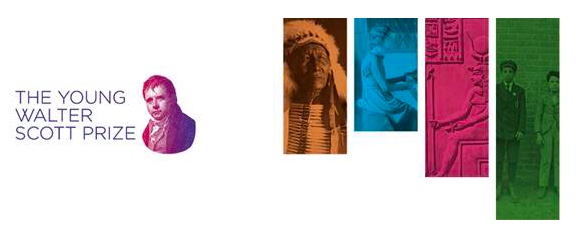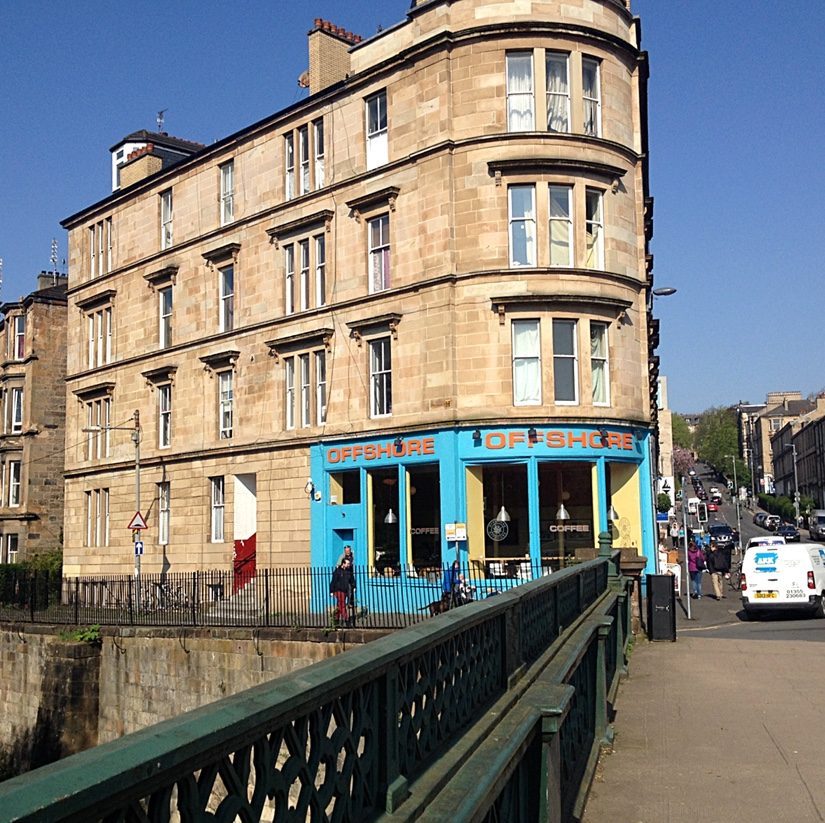Young Walter Scott Prizewinners 2022

This year’s prestigious prize for young writers of historical fiction, the Young Walter Scott Prize, has been won by Leo Wilson for his For the Love of the Sun in the 11-15 years category, and by Oliver Dhir, author of A Lost Generation, in the 16-19 years category. The judging panel this year included new judge Hannah Lavery, who was recently appointed as Edinburgh’s Makar.

Leo Wilson on left. Oliver Dhir on right.
Chair of the judging panel, Elizabeth Laird, said:
“It’s an exciting moment when the big bundle of stories longlisted for the Young Walter Scott Prize arrives. What subjects will the writers have chosen this time? As usual, the variety has been extraordinary, with stories set all around the world in many different periods of history. What they all have in common is originality, inventiveness and sheer enthusiasm, but our winners and runners-up have gone that bit further, producing, with a sure touch, stories written from the heart. They truly deserve to be celebrated.”
The winning entry in the younger age group, For the Love of the Sun, is set in Communist China, before the Cultural Revolution. The story was inspired by conversations writer Leo Wilson had with his grandmother about her experiences and by the stories of his great-great grandpa being beaten for hiding some pottery and his grandma being sent away to a remote village. In fewer than 2,000 words, it sheds light on a ‘dark spot’ in China’s history, which included one of the worst famines ever recorded, and deftly intertwines a sense of the climate of the time with what history and hindsight have taught us about that period in the country’s history.
Talking about his winning short story, Leo Wilson, who lives in Oxfordshire, said:
“I was absolutely thrilled to hear that I’d won the prize. I mean, I’ve always written stories — just not as successfully! I think I write good stories when I spend time thinking about what I’m going to write and then just working on it for half an hour every day for about a month: perfecting it, thinking about the story, making every line count.”
When asked what advice he would give to other budding writers, Leo added:
“Give yourself lots of time – to rewrite, to improve. Anyone can make an amazing story with time and acceptance of criticism.”
Oliver Dhir – Winner 16 – 19 Category
Winner in the 16-19 years category is Oliver Dhir for his story A Lost Generation, which is set during the 1980s AIDS epidemic, but which also has resonance now for a generation of young people that the writer feels have been wrongly ‘written off’ or considered ‘lost’ in the wake of young lives put on hold during the Covid-19 pandemic.
Asked about the inspiration for his winning entry, Oliver explained:
“We have come of age in a pandemic, stuck inside. Yet we are still here. Most of us have made it through, and we can begin to heal. We’re not ‘lost’. With the HIV/AIDS epidemic, the community was decimated and nobody seemed to care — no one seemed to realise the magnitude of the loss. The community had to rebuild from the ground up. Survivors mourn the loss of an entire generation of friends and were expected to continue their lives as if they had not experienced more profound loss in a few years than most do in a lifetime.”
On winning the prestigious young writing prize, Oliver, who lives in Glasgow, said:
“I couldn’t believe it when I was told I’d won! I have been writing stories from a relatively young age — I’ve always enjoyed creative writing and world building. But, as a young, queer person, I always felt underrepresented in fiction, so my solution was to just write myself in. I can in no way do justice to the lives of the victims of the HIV/AIDS epidemic, but I hope my story will make at least a small difference somewhere.”
Asked what he would say to other aspiring young writers, Oliver added:
“Write about something you love. You’re going to have to do a lot of research for it and if you don’t love what you’re writing about, you’ll lose passion and energy for the project.”
The two winners each receive a £500 travel grant, their stories will be published in this year’s Young Walter Scott Prize Anthology, and they will be special guests at the Borders Book Festival in Melrose, Scotland, in June to be presented with their prizes.
Runners-up and highly commended young writers were also awarded in each age category. In the 11-15 age group, two runners-up were awarded: Rafi Ahmad for his story set in 1947 at the time of the partition of Kashmir; and Beatrix Heath-Hassell for her World War One tale. There were also four highly commended writers: Hana Benlalam for her story about the French Revolution; Ellie Karlin for her take on China in 210 BC; Fran Tartaglia for her imagining of Pompeii; and Shaun Whittaker for his depiction of Winston Churchill.
In the category for writers aged 16-19, two runners-up were awarded: Eve Naden for her portrayal of the persecution of the Jews during World War Two; and Mia Scattergood for her surreal story set in the American deep south of the 1950s. Atlas Weyland Eden was highly commended for his new take on Sir Walter Scott himself.
On the judging panel this year was award-winning author Elizabeth Laird (Chair); Young Walter Scott Prize director Alan Caig Wilson; literary agent Kathryn Ross; and poet, playwright, performer and director – and Edinburgh’s new Makar — Hannah Lavery, whose debut poetry collection Blood Salt Spring was published by Polygon in March.
New judge Hannah Lavery said of this year’s crop of entries:
“It was such a joy to read such a wonderful selection of young writers. The passion for history and storytelling was so inspiring.”
Founded in 2015, the YWSP has an association with the Walter Scott Prize for Historical Fiction, which was last year awarded to Hilary Mantel for The Mirror and the Light. The 2022 Walter Scott Prize shortlist will be released on 12th April, with the winner set to be announced at the Borders Book Festival in Melrose in June (16-19th). The winners of the Young Walter Scott Prize will also be presented with their awards at the same event.
Both prizes are sponsored by their founders, the Duke and Duchess of Buccleuch. Sir Walter Scott was a kinsman of the Dukes of Buccleuch; Henry, 3rd Duke to whom his first major success The Minstrelsy of the Scottish Border was dedicated; Charles, 4th Duke, his close friend; and Walter Francis, the 5th Duke, for whom he was guardian and mentor. The 10th Duke founded the Walter Scott Prize in 2010 to honour the immense contribution Scott made to cultural life worldwide.
This section: Books, Talks, Poetry and Creative Writing Events, Kids and young people
Related Pages
- Book Launch: Whispers of the Dead, Lin Anderson
- Take 2: Scooby Doo
- Drumchapel Reconnect Festival
- Glasgow Literary and Music Lounge at Red Rosa’s
- Poems for Palestine, McNeills Glasgow
- Storytelling for Adults, Mary Edward – Blending Fact and Fiction review Pat Byrne
- Take 2: If
- Short Attention Span Theatre, 10 July, 2024
- Storytelling For Adults, Alexandria
- Book launch: On The Scent Of The Honeyed Hive – Lesley O’Brien
- West Fest – Summer Sunshine Fling Childrens’ Wood
- Govan Community Cinema – The Lego Movie
- New Writer Showcase University of Glasgow
- G12 End of Season Showcase, Websters Theatre
- West Fest 2024: Talks Programme: Niall Murphy Glasgow City Heritage Trust
- West Fest 2024: Halo Arts – Drama and Musical Theatre Workshops
- Bonnie Fechter: A Celebration of Sheila Templeton
- West Fest 2024 Free Football Coaching for Kids
- West Fest 2024: Talk: The Ancient and Historical Village of Partick
- Take 2: The Princess Diaries


